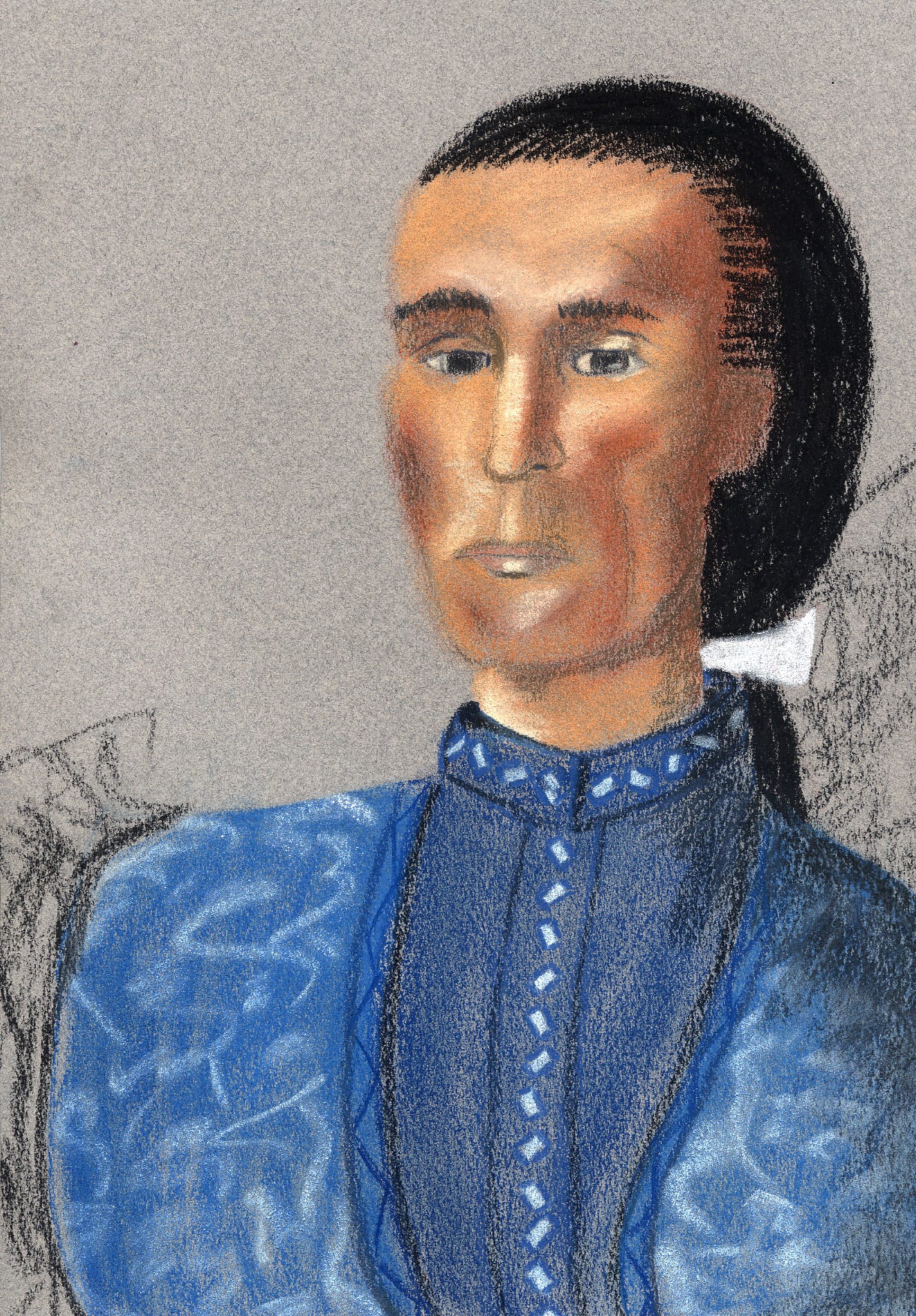Creativity and spirituality, at least for me, are inextricably entwined. That’s what I wrote in my first post on the topic of novel characterization. It took me much of my lifetime to learn this at a gut level, and my head full of characters played a starring role in teaching me.
Once they invaded my 13-year-old self’s daydreams, I thought about them. All the time. In class when I should have been listening to the teacher. Riding the bus home. Lying on the beach. Doing housework. Doing homework. Riding my horse. Taking a shower. Falling asleep. Waking up.
Inside my head I constantly saw and heard them do things and say stuff that taught me a lot about them, slowly, over time. My inner movie made me long to know more about their world. What was their world? Where was their world? When did it exist? How did I begin to find out?
Long about 1978, I got a copy of The Silmarillion as a present, because that’s what you give a J.R.R. Tolkien devotee for Christmas. Finally! More about the history of Middle-earth beyond the appendices in the popular U.S. paperback version of The Lord of the Rings.
The part of the appendices that moved me the most was the story of Numenor. How a long-lived and proud people utterly destroyed their island home and became exiles in Middle-earth.
When I read that their tale was known as Atalante, a light bulb went off. Bingo! Tolkien’s Christianized version of the Atlantis myth (despite his denials). All sorts of dim buzzers reverberated inside my skull. It felt really familiar. Huh?
At the time, I thought that finding out more about Atlantis meant I had to research outside sources. And when you go researching Atlantis beyond the Greek version of the story, you enter metaphysical territory.
I read Edgar Cayce voraciously because he mentions Atlantis a few times. That lead me to Madame Blavatsky, Rudolph Steiner, Jane Roberts’ Seth books, and topics like the Bermuda Triangle, the spear of Longinus, demonic possession, and on endlessly.
I hated the phenomenalistic focus of much of this material. I didn’t care about the debate over whether Atlantis ever existed. I assumed that it did, and wanted to know more about what life was like in Atlantis. But that was something no book could really tell me, apart from some Cayce comments.
Even so, I kept reading and looking right into the mid-1980s. I tried twice to start writing fiction about my characters’ version of Atlantis but didn’t get anywhere. I even drew a crude map of their island, and quickly realized it was a good thing I never tried making a living as a graphic artist.
But something was missing.
One of the things I knew about at least some of my characters was that they were intuitive (psychic). Long about 1985, in my second attempt at novel writing, I made a decision. If I were going to write about people with psychic abilities, I was going to have to experience those abilities myself.
It was a request, really. And yes, be damn careful what you ask for, because you will get it if the soul that you are knows it will help you, even if it the resulting experience seems negative or has unintended consequences.
That simple request—to experience psychic ability so that I could write it into my novels—profoundly altered the course of my life. I met my wife because of it. I found a unique way to heal ancient, deep emotional and spiritual wounds. More on that later.
And I ultimately realized that as much as my characters were teaching me about who they were, they were also teaching me about who I was — and am.
Thus, I stumbled straight into the nexus of creativity and spirituality. I remain there to this day because that is my personal truth.



Thanks, Yvonne!